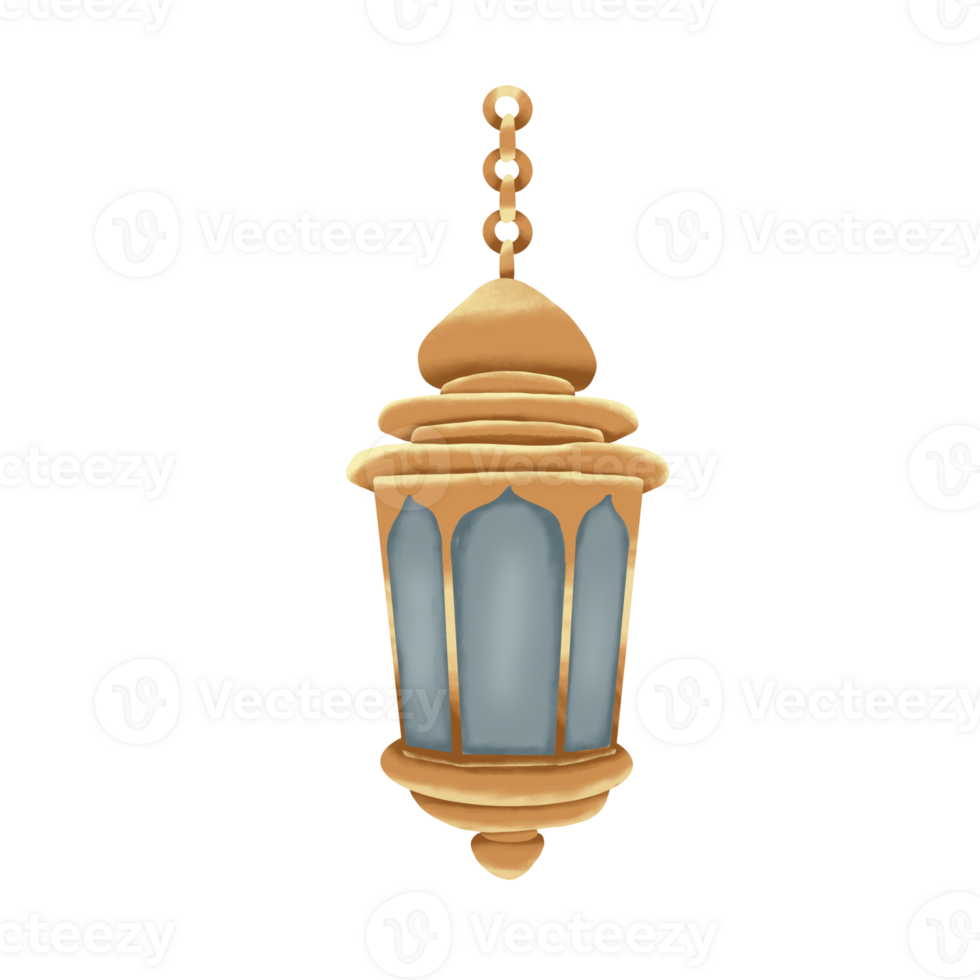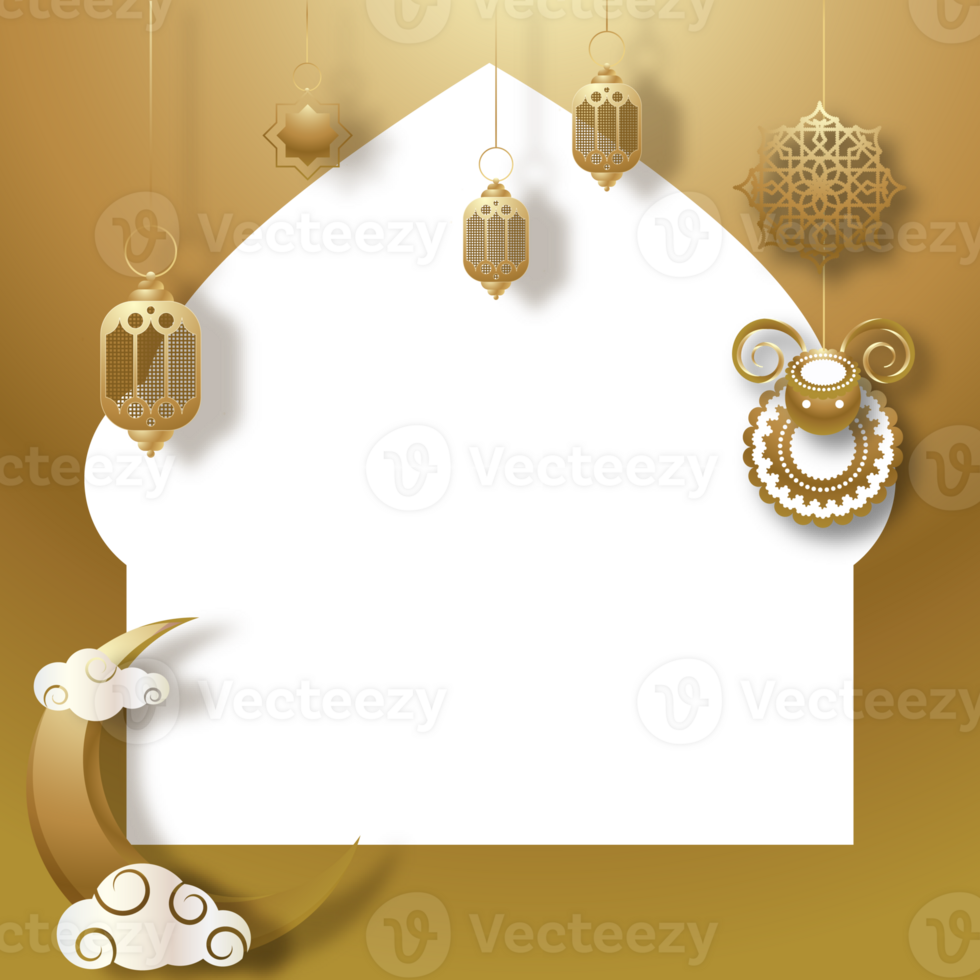Eid Al-Adha, one of the most significant Islamic festivals, holds deep spiritual meaning and serves as a reminder of the importance of sacrifice and devotion. Celebrated worldwide by Muslims, this festival commemorates the willingness of Prophet Ibrahim to sacrifice his son in obedience to God's command. In this article, we will explore the essence of Eid Al-Adha, its history, traditions, and how it is celebrated globally in 2023.
Eid Al-Adha, also known as the "Festival of Sacrifice," is observed on the 10th day of Dhu al-Hijjah, the last month of the Islamic lunar calendar. This year, the festival falls in early September, marking a time of reflection and gratitude for Muslims around the globe. It is a moment to remember the values of faith, generosity, and compassion.
As one of the two major Islamic holidays, Eid Al-Adha carries immense religious significance. It is a time when families gather, communities unite, and acts of charity are performed. This article aims to provide a comprehensive understanding of Eid Al-Adha, its rituals, and the global traditions associated with this holy occasion.
Read also:Suzie Plakson Partner The Ultimate Guide To Her Career Biography And Achievements
Table of Contents
- The History and Significance of Eid Al-Adha
- Rituals and Practices During Eid Al-Adha
- The Tradition of Qurbani (Sacrifice)
- Global Celebrations of Eid Al-Adha
- Traditional Foods During Eid Al-Adha
- The Role of Charity in Eid Al-Adha
- Modern Celebrations and Adaptations
- Cultural Significance of Eid Al-Adha
- Health Considerations During Eid Al-Adha
- Conclusion: Embracing the Spirit of Eid Al-Adha
The History and Significance of Eid Al-Adha
Eid Al-Adha commemorates the story of Prophet Ibrahim's unwavering faith and obedience to God. According to Islamic teachings, Prophet Ibrahim was commanded by God to sacrifice his beloved son, Ismail, as a test of his devotion. However, God intervened at the last moment, replacing Ismail with a ram, signifying the acceptance of Ibrahim's sacrifice.
This story highlights the importance of trust, submission, and faith in God's plan. Eid Al-Adha serves as a reminder of these virtues and encourages Muslims to reflect on their own relationship with God. The festival also emphasizes the values of generosity, compassion, and unity, which are central to Islamic teachings.
Why Is Eid Al-Adha Important?
Eid Al-Adha is not only a religious festival but also a time for family, community, and charity. It marks the end of the Hajj pilgrimage, which is one of the Five Pillars of Islam. For Muslims who perform Hajj, Eid Al-Adha is a moment of spiritual fulfillment and celebration.
- It reinforces the importance of faith and trust in God.
- It promotes acts of kindness and charity towards those in need.
- It strengthens family bonds and community ties.
Rituals and Practices During Eid Al-Adha
Eid Al-Adha is observed through a series of rituals and practices that reflect the spiritual and communal aspects of the festival. These rituals vary slightly depending on cultural and regional traditions, but they share common elements that emphasize devotion and generosity.
Morning Prayers
One of the most important rituals of Eid Al-Adha is the congregational prayer, known as Salat al-Eid. Muslims gather at mosques or open spaces to perform this prayer, which is followed by a sermon (khutbah) that emphasizes the values of sacrifice and gratitude.
Wearing New Clothes
It is customary for Muslims to wear new or clean clothes on the day of Eid. This practice symbolizes renewal and purity, reflecting the spiritual cleansing that comes with the festival.
Read also:Karla Bonoff Married Exploring The Life Love And Legacy Of The Legendary Singersongwriter
The Tradition of Qurbani (Sacrifice)
Qurbani, or the act of sacrifice, is a central component of Eid Al-Adha. Muslims who are financially able are encouraged to sacrifice an animal, such as a goat, sheep, cow, or camel, as a symbol of their willingness to give up something valuable for the sake of God.
How Is Qurbani Performed?
The sacrifice is performed according to specific Islamic guidelines, ensuring that the animal is treated humanely and the meat is distributed fairly. Traditionally, the meat is divided into three parts:
- One-third is kept for personal consumption.
- One-third is shared with friends and family.
- One-third is given to the poor and needy.
Global Celebrations of Eid Al-Adha
Eid Al-Adha is celebrated in diverse ways across the world, reflecting the rich cultural tapestry of the global Muslim community. From elaborate feasts to traditional ceremonies, each region adds its unique flavor to the festival.
Celebrations in the Middle East
In countries like Saudi Arabia, Egypt, and Turkey, Eid Al-Adha is marked by grand festivities. Families gather for meals, exchange gifts, and visit relatives. In Saudi Arabia, the festival is closely tied to the Hajj pilgrimage, making it a particularly significant occasion.
Celebrations in Southeast Asia
In countries like Indonesia, Malaysia, and Bangladesh, Eid Al-Adha is celebrated with vibrant processions, traditional music, and delicious cuisine. The festival is a time for family reunions and community gatherings, where people come together to share in the joy of the occasion.
Traditional Foods During Eid Al-Adha
No Eid celebration is complete without delicious food. Eid Al-Adha is known for its rich and flavorful dishes, many of which incorporate the meat from the sacrificial animal. Here are some popular dishes enjoyed during the festival:
- Kebab
- Biryani
- Samosa
- Kulfi
These dishes vary in preparation and ingredients depending on the region, but they all share a common theme of warmth and hospitality.
The Role of Charity in Eid Al-Adha
Eid Al-Adha places a strong emphasis on charity and helping those in need. Zakat al-Fitr, a form of obligatory charity, is given during the festival to ensure that everyone can partake in the celebrations. Additionally, the distribution of Qurbani meat ensures that even the poorest members of society can enjoy a festive meal.
Why Is Charity Important During Eid Al-Adha?
Charity during Eid Al-Adha serves as a reminder of the importance of empathy and compassion. It encourages Muslims to look beyond their own needs and consider the well-being of others. By giving generously, individuals can contribute to creating a more equitable and just society.
Modern Celebrations and Adaptations
As the world becomes increasingly interconnected, modern technology has transformed the way people celebrate Eid Al-Adha. Social media platforms allow Muslims to share their experiences and connect with others across the globe. Virtual prayer services and online charity initiatives have also gained popularity, making it easier for people to participate in the festival regardless of their location.
Challenges and Opportunities
While modern adaptations offer new opportunities for celebration, they also present challenges. Balancing traditional practices with contemporary innovations requires a thoughtful approach that respects both the past and the present.
Cultural Significance of Eid Al-Adha
Eid Al-Adha is not just a religious festival; it is also a celebration of culture and identity. Through its rituals and traditions, the festival reinforces the values that bind the global Muslim community together. It is a time to celebrate diversity and embrace the richness of Islamic heritage.
Uniting Communities
Eid Al-Adha serves as a unifying force, bringing people from different backgrounds and cultures together in a shared celebration of faith and fellowship. This sense of unity is particularly important in today's world, where division and conflict often dominate the headlines.
Health Considerations During Eid Al-Adha
With the abundance of food and festivities, it is important to prioritize health during Eid Al-Adha. Moderation and balance are key to enjoying the festival without compromising one's well-being. Here are some tips for staying healthy during the celebrations:
- Eat in moderation and avoid overindulging.
- Choose healthier cooking methods, such as grilling or baking.
- Stay hydrated by drinking plenty of water.
Conclusion: Embracing the Spirit of Eid Al-Adha
Eid Al-Adha is a festival that celebrates the values of faith, sacrifice, and generosity. It is a time for reflection, gratitude, and community. By embracing the spirit of this holy occasion, Muslims around the world can strengthen their connection to God and to one another.
We invite you to share your thoughts and experiences in the comments section below. How do you celebrate Eid Al-Adha? What traditions are most meaningful to you? Your insights and stories can inspire others and enrich our understanding of this beautiful festival.
For more articles on Islamic culture and traditions, visit our website regularly. Together, let's continue to learn and grow in our faith and knowledge.
Source: Information in this article is based on Islamic teachings and cultural practices, supported by references from reputable sources such as the Quran, Hadith, and scholarly articles.


